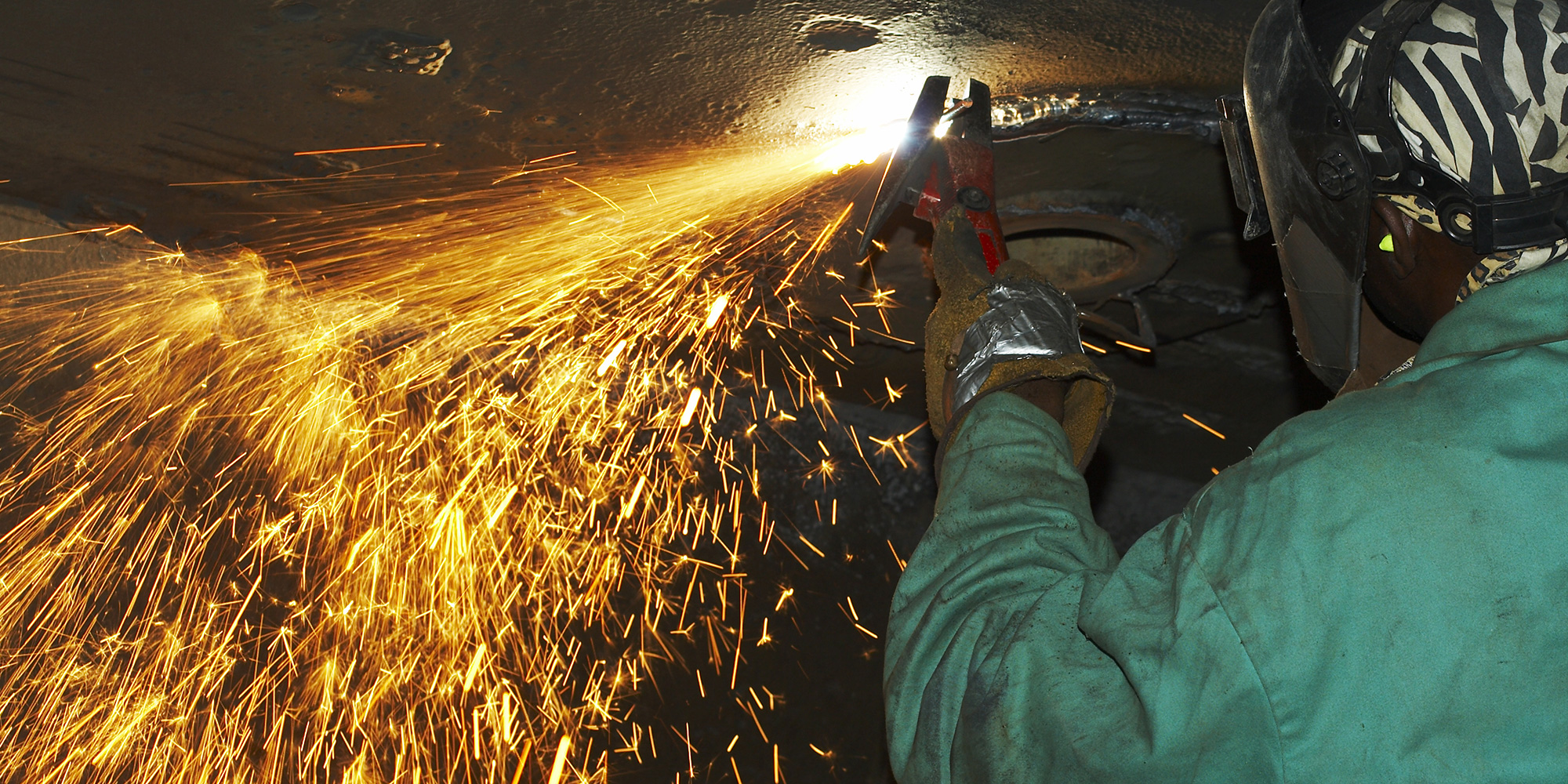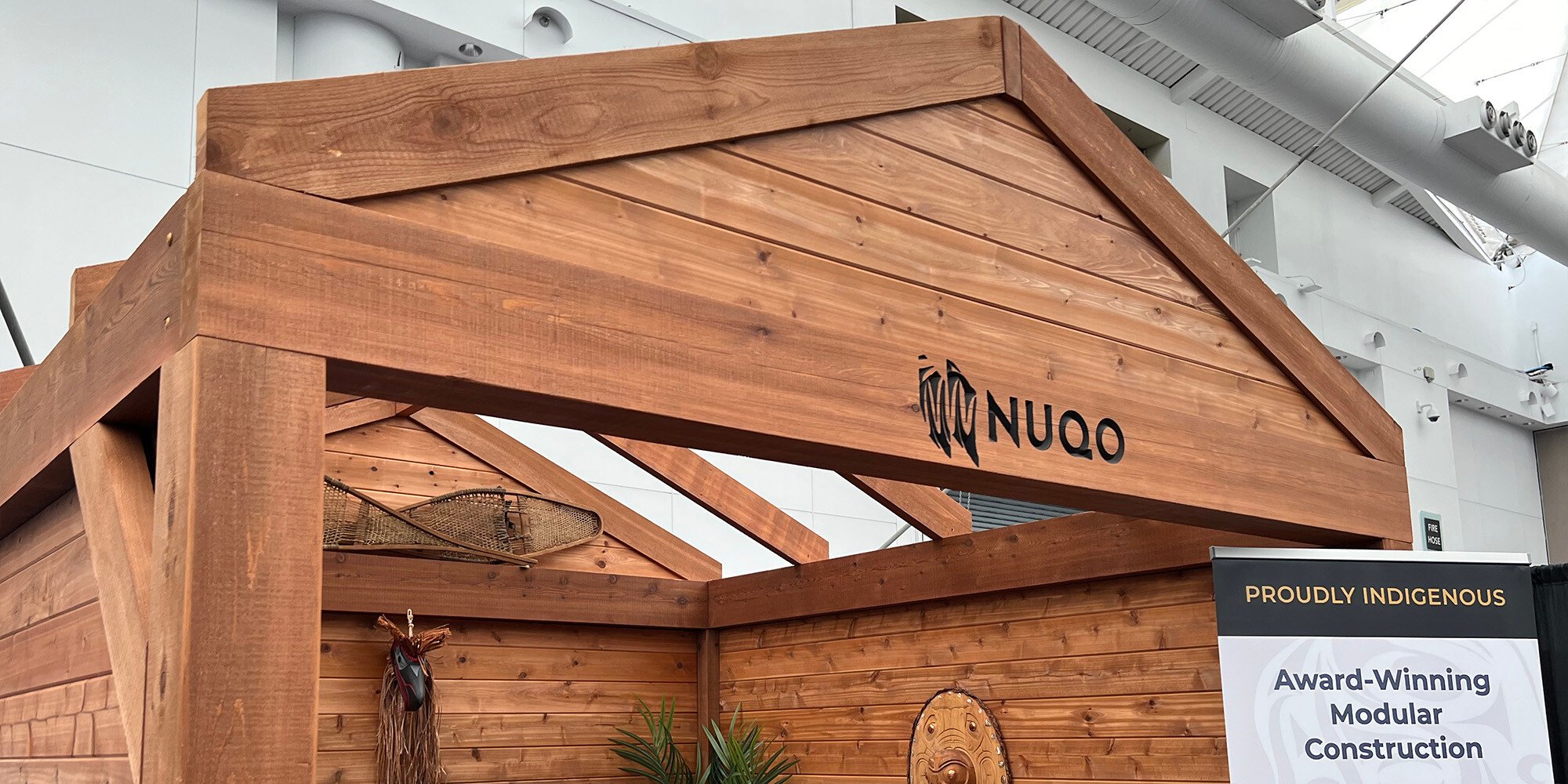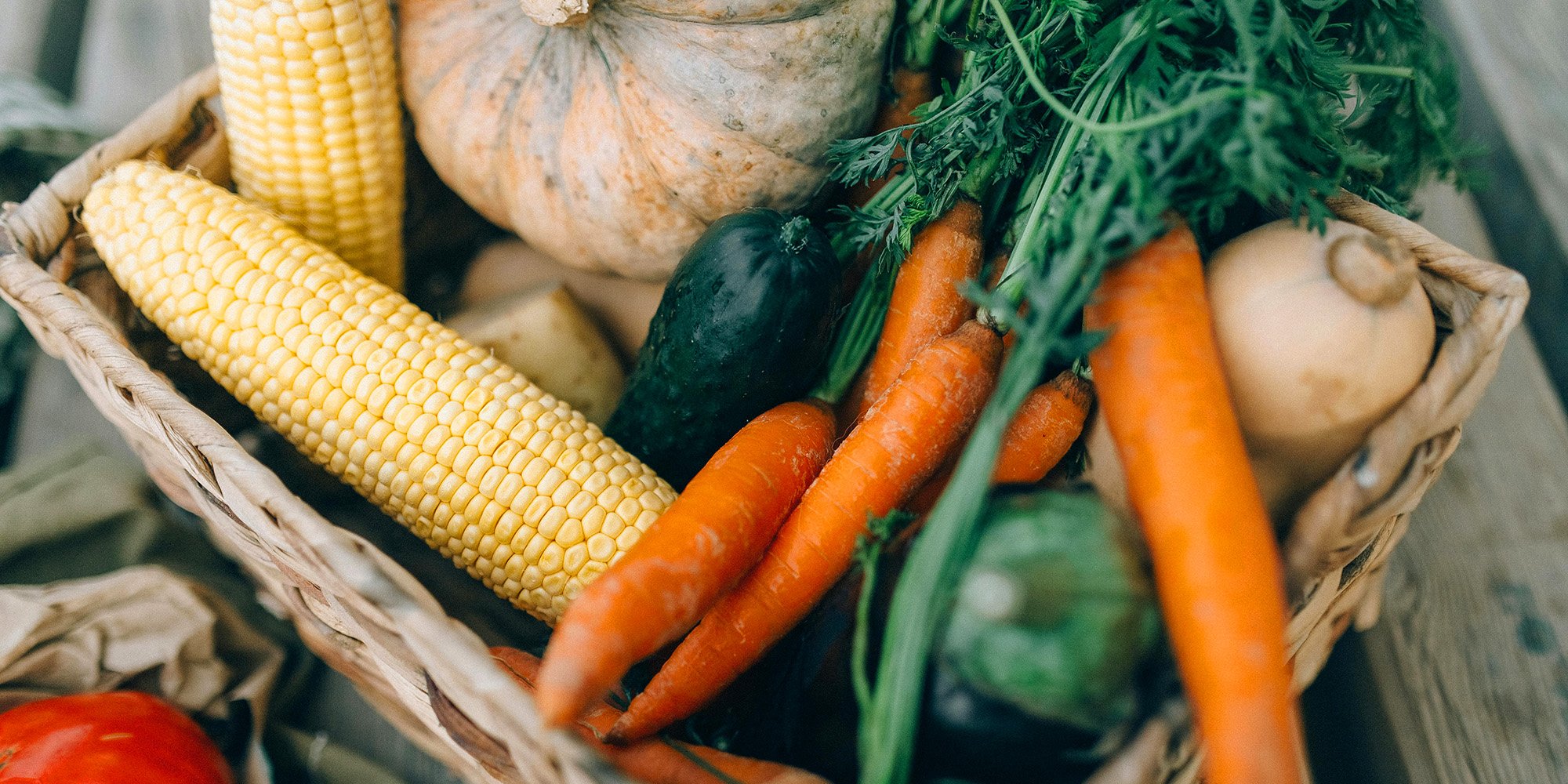The Role of Indigenous Procurement in Economic Reconciliation
In 2025, it will be a decade since the release of the Truth and Reconciliation Commission (TRC) Summary Report (June 2015) on the horrific...

Simply put, Indigenous procurement is the act of purchasing goods and/or services from an Indigenous-owned business. For example, our company, Indigenous Corporate Training Inc., is an Indigenous-owned business that provides training for government, corporations, and individuals on how to work with Indigenous Peoples. So, for those of you who have taken our training, you, or your team lead, have engaged in Indigenous procurement.
Unbeknownst to many non-Indigenous peoples, Indigenous-owned businesses are a thriving component of the Canadian economy.
Did you know there are over 37,000 Aboriginal-owned businesses across Canada? In fact, Aboriginal people are creating new businesses at 9 times the rate of the average Canadian. [1]
Those little-known facts represent a whole lot of Indigenous procurement opportunities! The Business Development Bank of Canada reports that there are more than 27,000 Aboriginal entrepreneurs in Canada, 30% more than in the 1996-2001 period. [2] The range of businesses includes everything from natural resources, construction, supply and service, tourism, manufacturing, retail, and others.
Purchasing goods and services from an Indigenous-owned company may not be top of mind for many people but to the federal government, it is very much an important part of that organization’s contracting environment and has been for over 20 years. Created in 1996, the Procurement Strategy for Aboriginal Business (PSAB), assists Indigenous businesses to pursue federal procurement opportunities.
The Government of Canada believes that employment and wealth creation is key to economic self-reliance. By helping Aboriginal businesses compete for more government contracts, PSAB allows Aboriginal communities to access a more level playing field, enabling economic prosperity like never before... more than 100,000 contracts with the Federal Government have been awarded to Aboriginal suppliers with a total value of $3.3 billion... [3]
For many people, procurement contracts with Indigenous companies generally bring to mind a resource developer forming partnerships with community-owned and -operated businesses, often as part of an Impacts and Benefits Agreement. These procurement contracts can play a significant role in the creation of sustainable employment and economic development opportunities for Indigenous communities. Indigenous businesses are also thriving in urban settings which means procurement opportunities are not just available in remote regions.
TD Bank says that aboriginal small business is growing at a rate that is six times faster than in the non-aboriginal market and that aboriginal entrepreneurs tend to be about 10 years younger than non-aboriginal entrepreneurs. [4]
Of all self-employed Aboriginal people in Canada, women make up 37% and even 51% of Aboriginal small– and medium-sized enterprises are owned in whole or in part by Aboriginal women; an impressive example of Aboriginal women's business capacity in Canada. [5]
Indigenous Peoples represent the fastest-growing and youngest segment of the Canadian population so we can expect to see more and more Indigenous-owned businesses contributing to the gross domestic product. Seeking procurement opportunities with Indigenous-owned businesses is good for all Canadians. Keep your eyes open for additional articles on Indigenous procurement.
[1] Indigenous and Northern Affairs Canada website, PSAB - Bringing Meaning to Procurement
[2] Business Development Canada, Aboriginal Entrepreneur
[3] Indigenous and Northern Affairs Canada website, PSAB - Bringing Meaning to Procurement
[4] Financial Post An ’emerging market’ at home: Canada’s banks making a big push into aboriginal communities
[5] Indigenous and Northern Affairs Canada website, The Updater, January 2016 edition
Featured photo: Shutterstock

In 2025, it will be a decade since the release of the Truth and Reconciliation Commission (TRC) Summary Report (June 2015) on the horrific...

During his campaign and upon taking office in January 2025, the President of the United States announced his intent to impose tariffs on imported...

All entrepreneurs face some challenges but not all entrepreneurs face the same challenges. Indigenous entrepreneurs face some challenges that those...